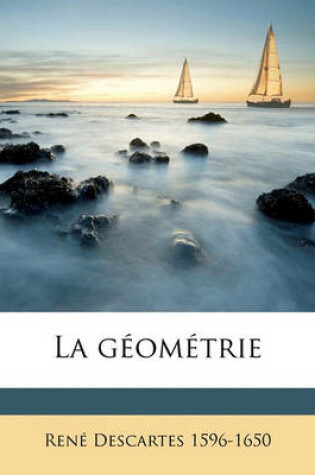René Descartes (1596-1650) was a pioneering metaphysician, a masterful mathematician, and a significant scientific thinker. He was primarily a mathematician throughout his life, followed by a natural scientist or "natural philosopher" and a metaphysician. He created the methods in mathematics that allowed for algebraic (or "analytic") geometry. He co-formulated the sine rule of refraction, created a significant empirical account of the rainbow, and proposed a naturalistic explanation for how the earth and planets formed in natural philosophy, among other notable accomplishments. A world of matter with a few basic properties and interacting according to a few universal principles was his new conception of the natural world, which has influenced how we think about it even today. Descartes created the contemporary interpretation of the mind-body problem by proposing that this natural world had an immaterial mind that was directly tied to the brain in humans. He offered proof for the existence of God in metaphysics, demonstrating that the nature of matter is an extension and the essence of the mind is thought. Early on, Descartes asserted that he had a unique method, which he later claimed to have used in metaphysics, natural philosophy, and many applications of mathematics.





![Cover of Renati Des Cartes Meditationes de Prima Philosophia [...]](https://images.bookhype.com/covers/3c/94/94cbac3c-2ea0-42e1-9bb6-c1e4dc5949c3/9781149208939-326f4bbfb7b8d9ebe108ce-medium-cropped.jpg)

















